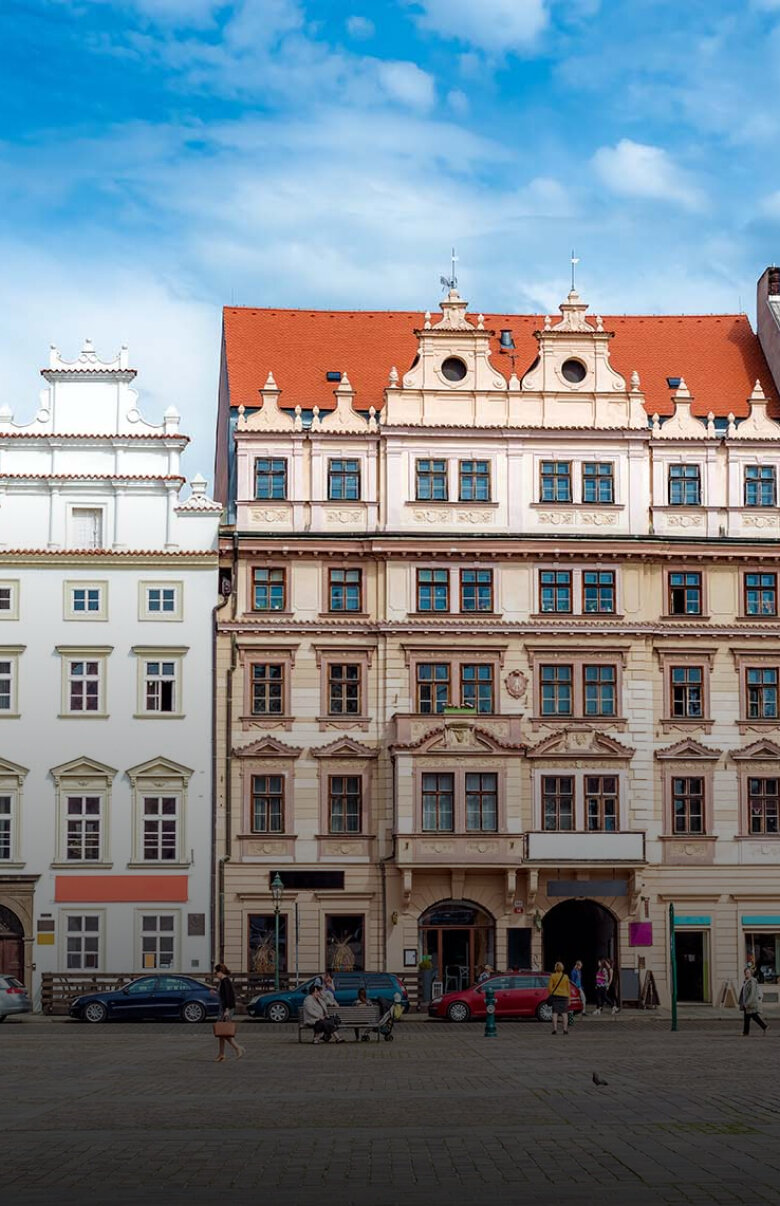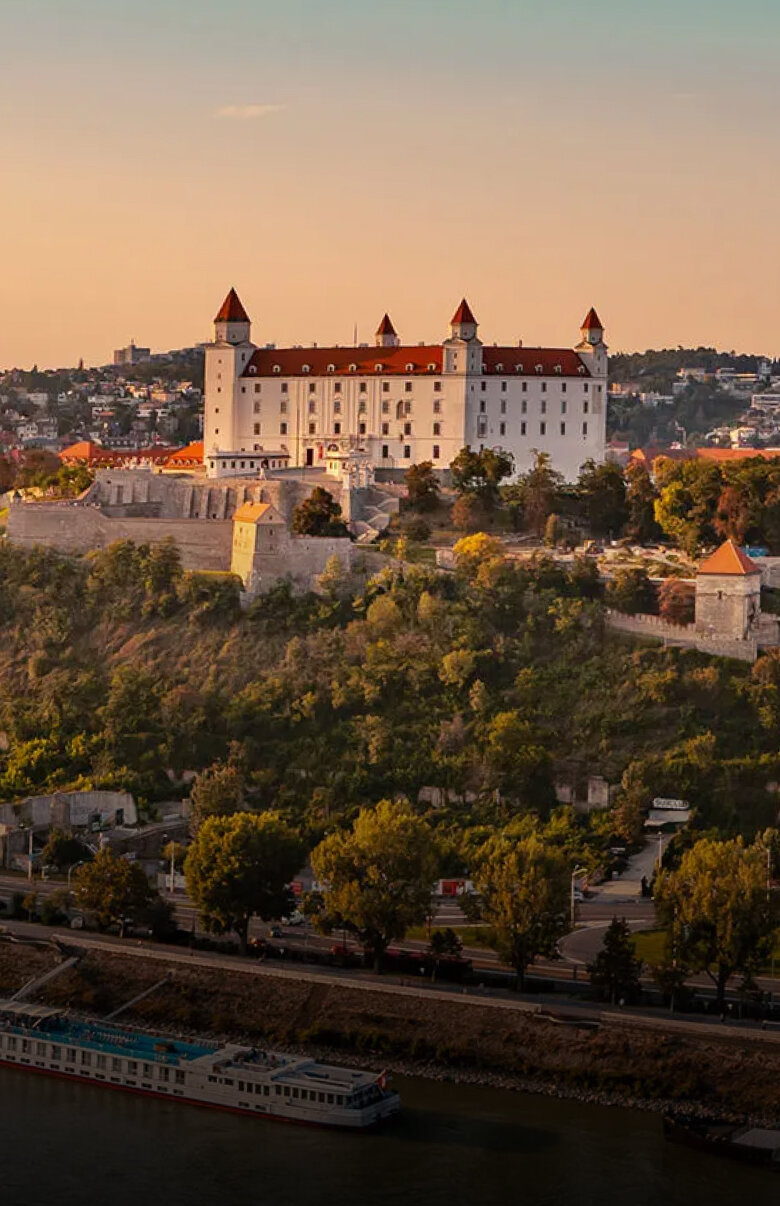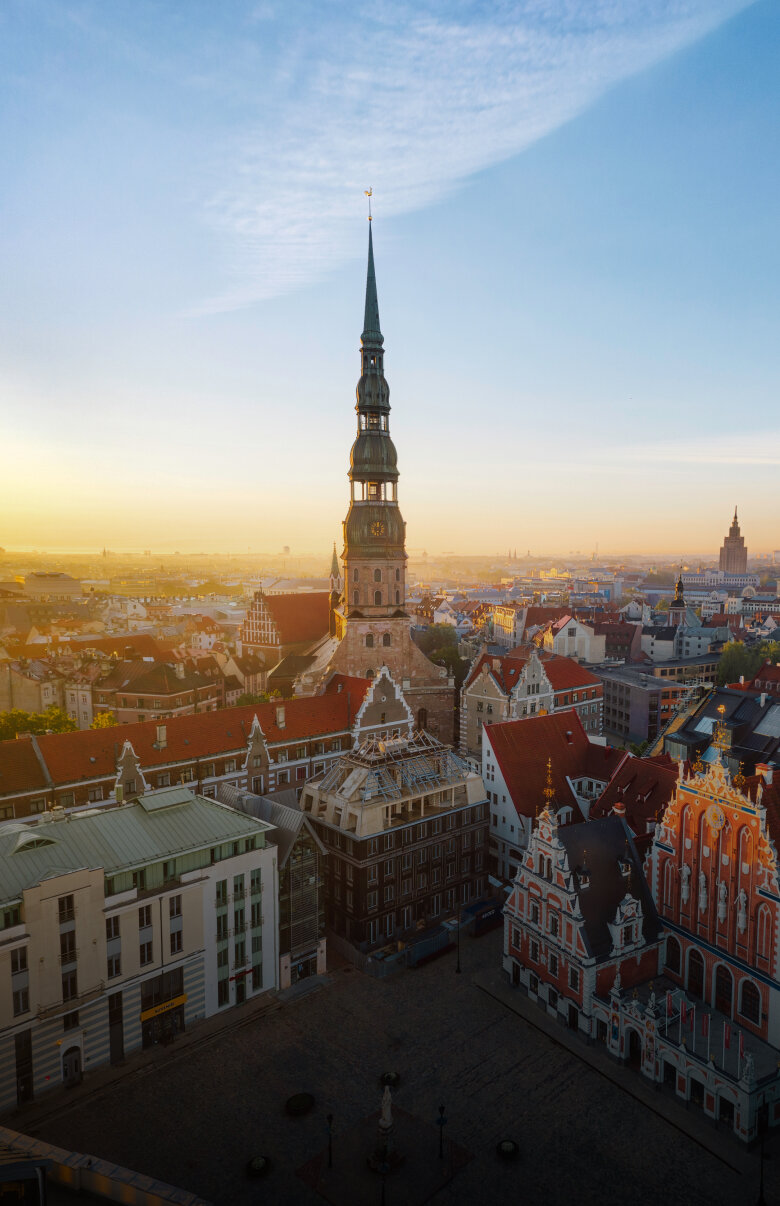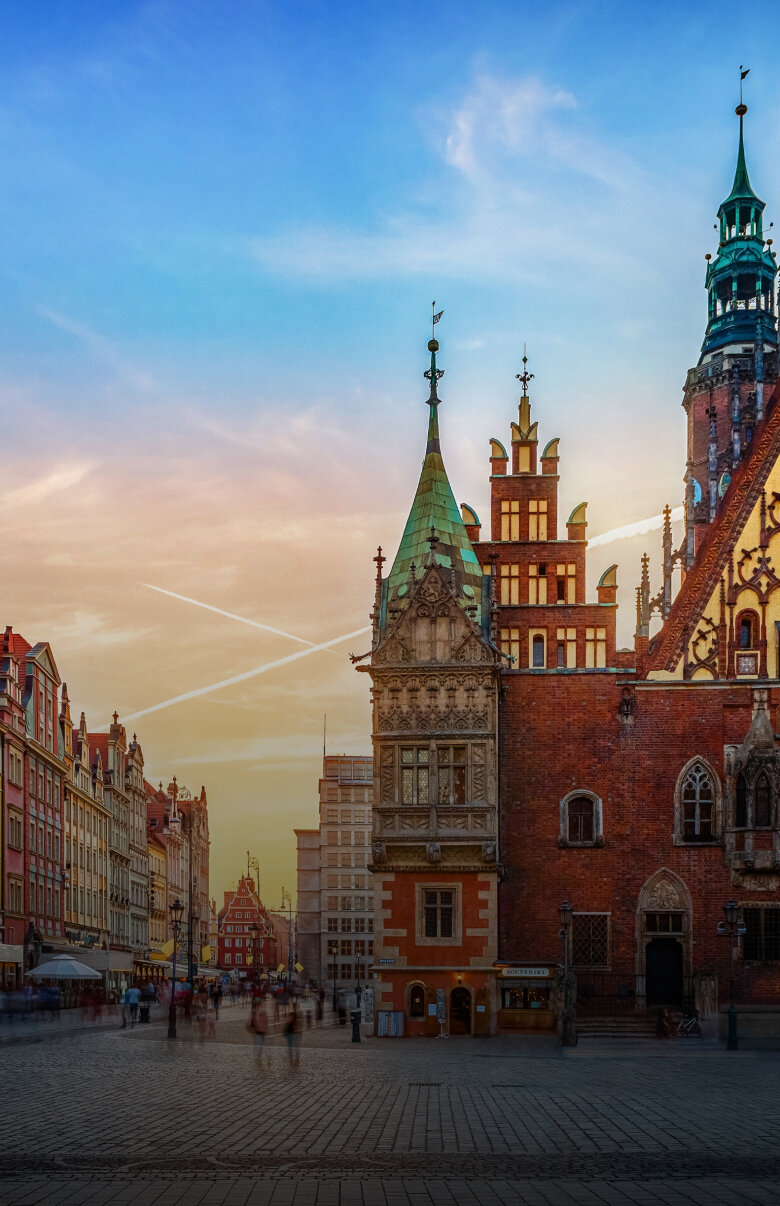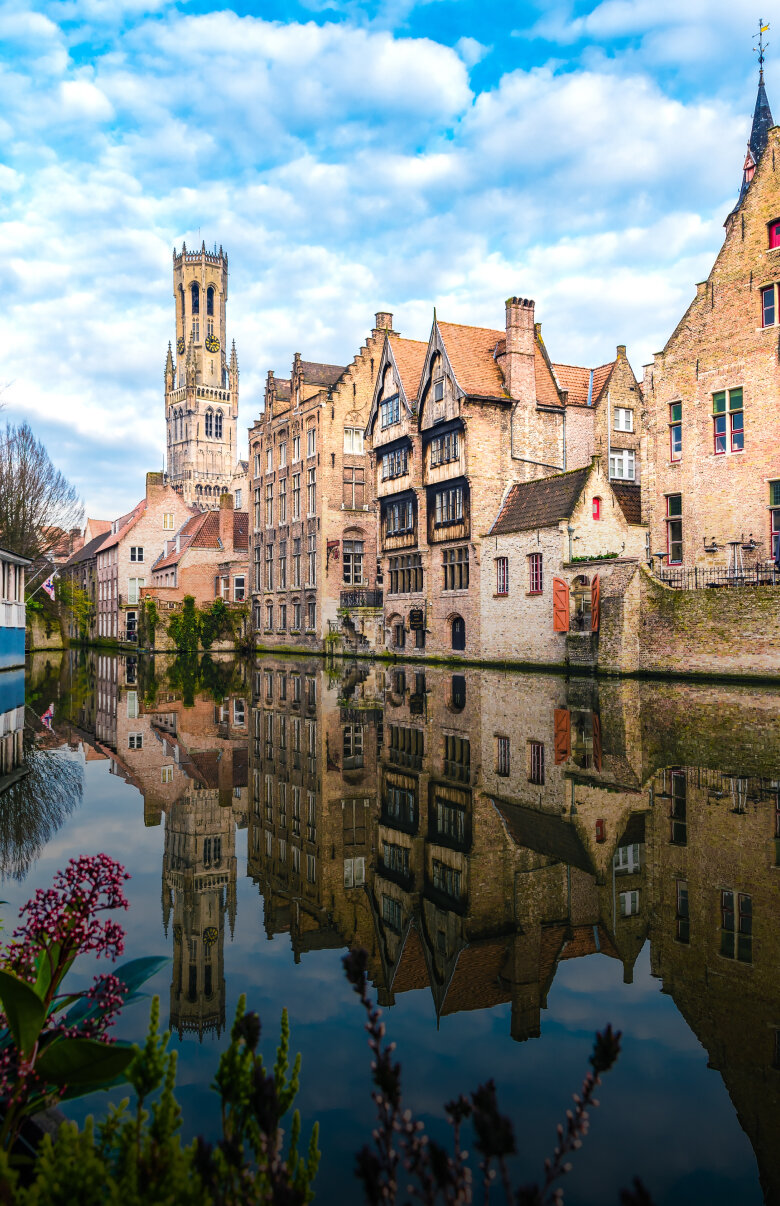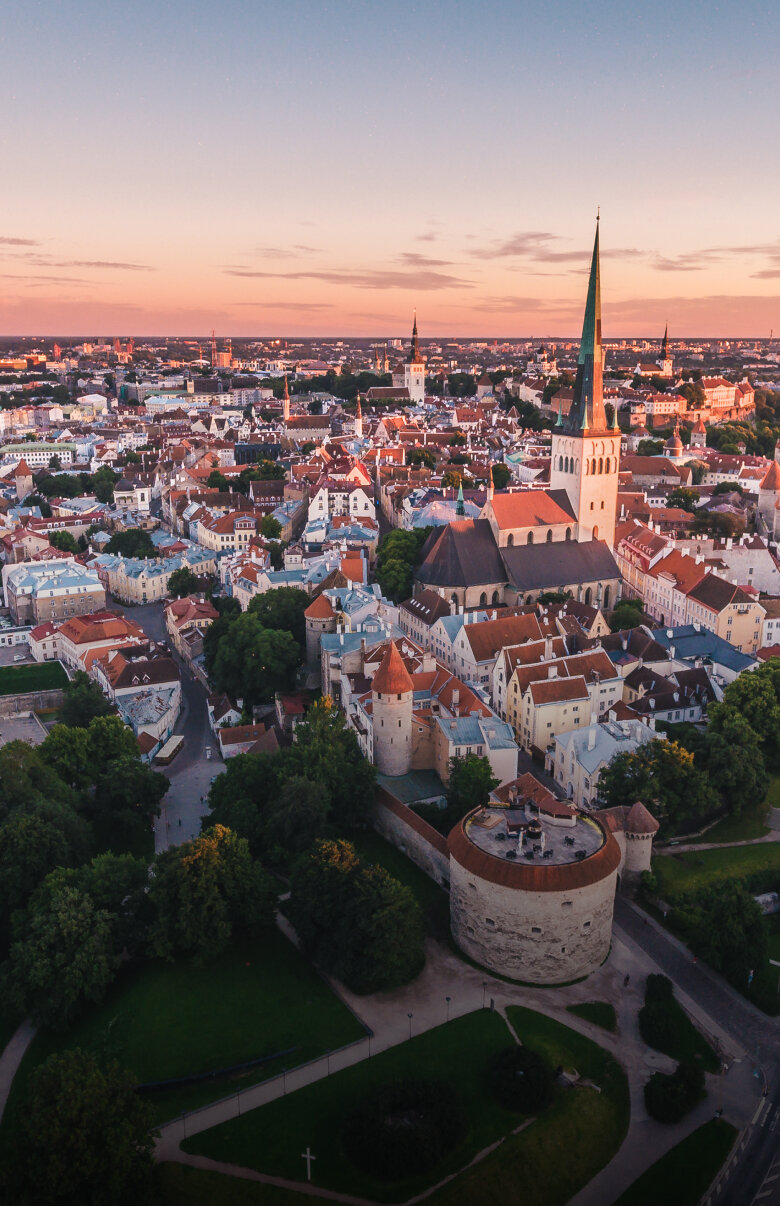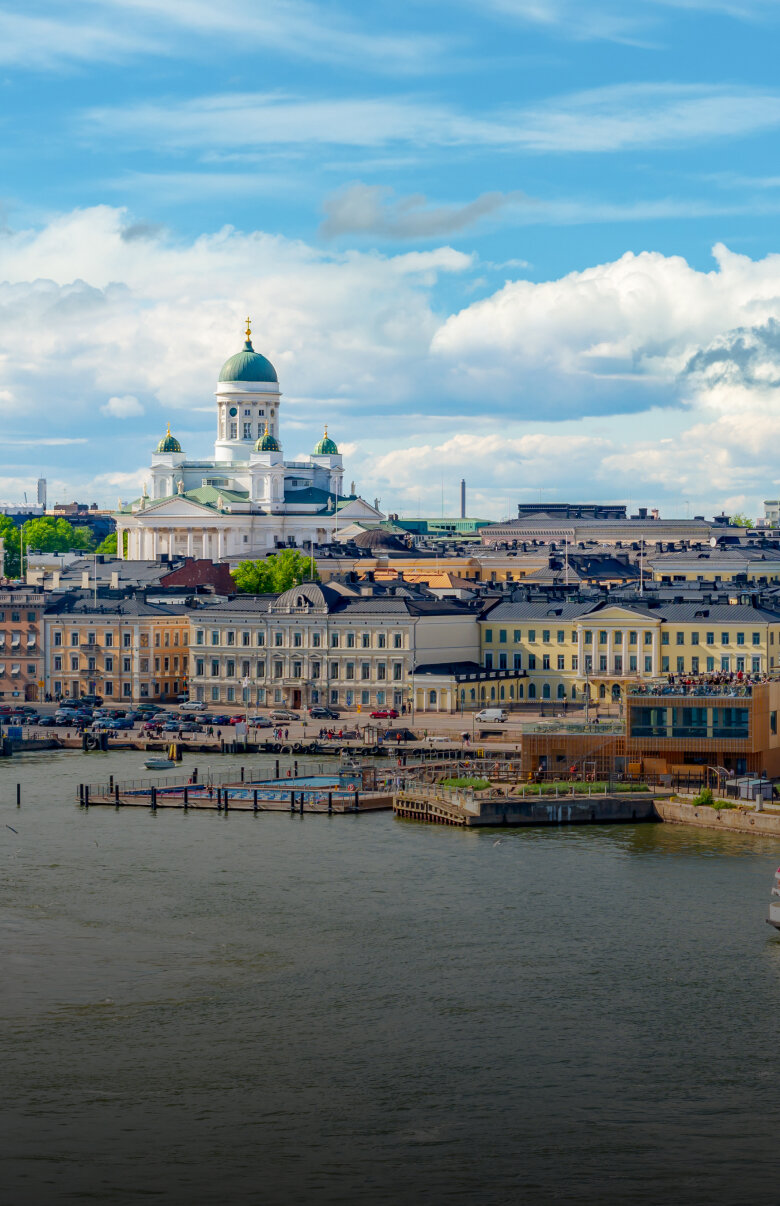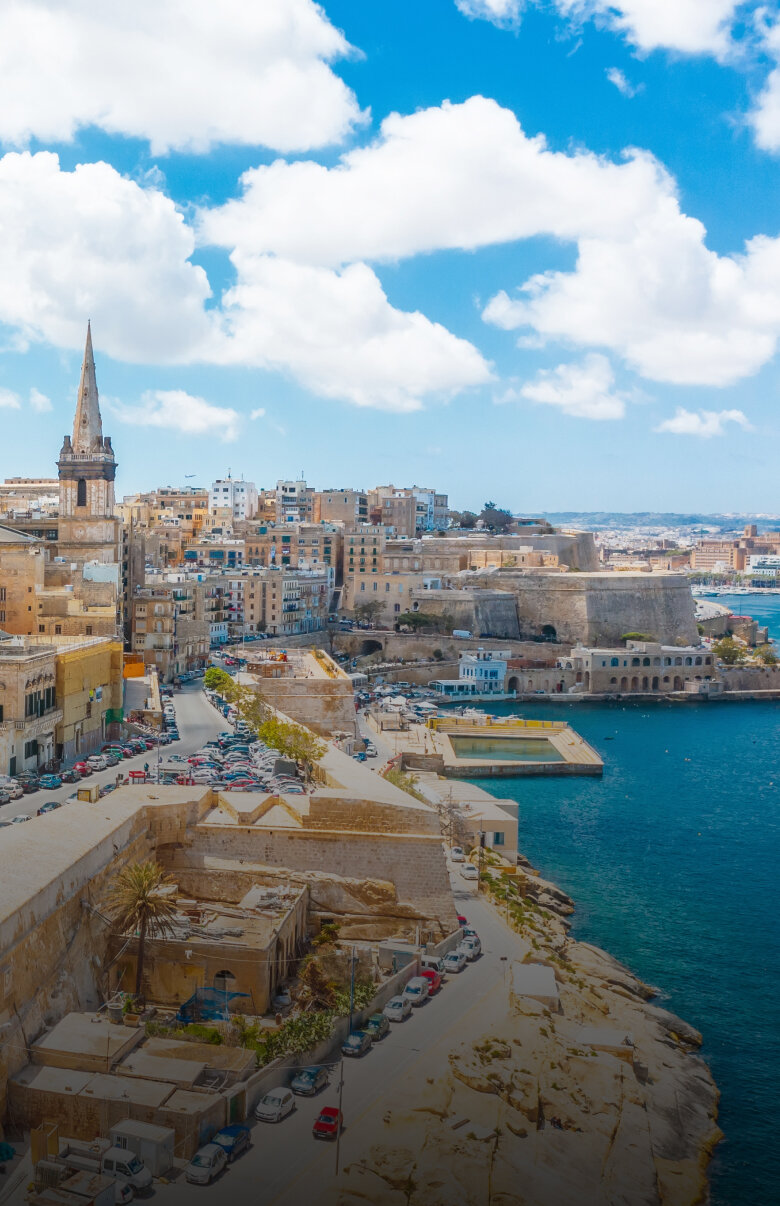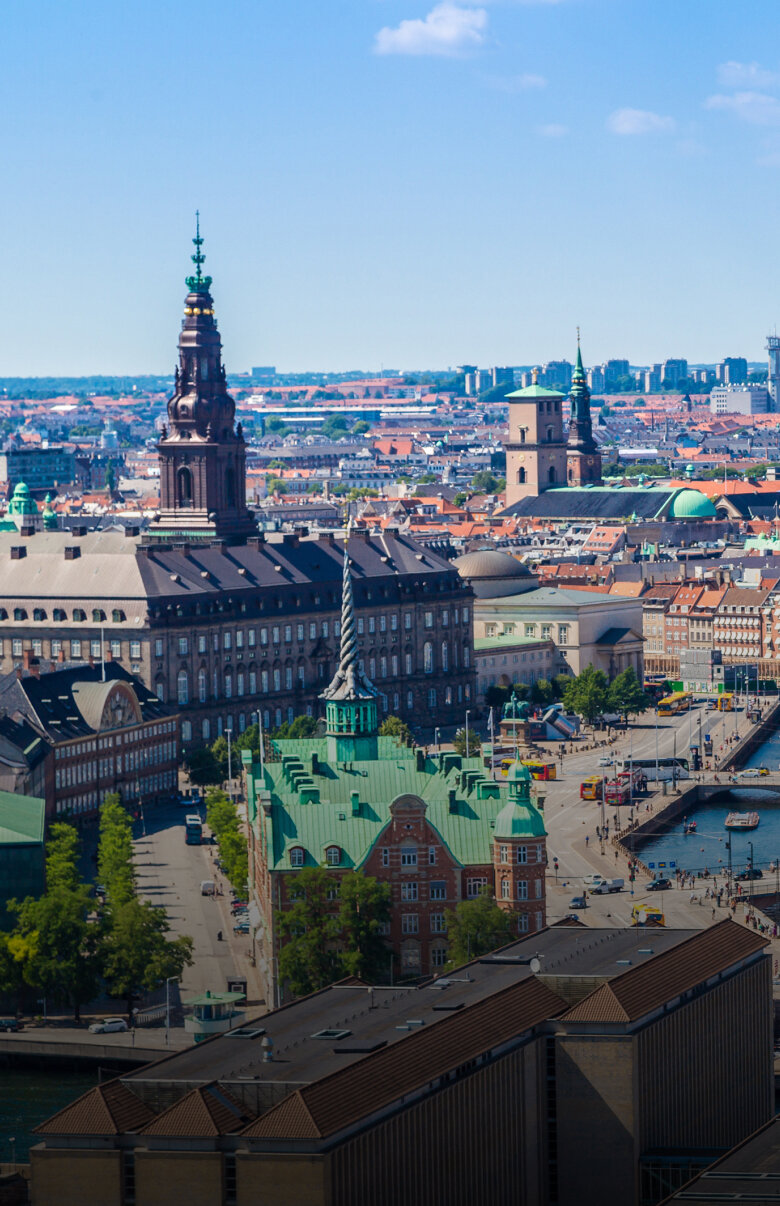Universities
Studying medicine in France
Studying medicine in France can be THE alternative to realise your dream without an NC. Did you study French at school or are you interested in learning the language? Then off to France! At the medical universities in our neighbouring country, which is known for its beautiful landscape and good cuisine, among other things, anyone with a high school diploma can start studying medicine.
Are you interested in studying medicine in France?
We will be happy to advise you free of charge about your options for studying medicine in France.
What are the advantages of studying medicine in France?
Whether the Alps, Provence, the Cote d'Azur or the Pyrenees. France has so much to offer in terms of scenery. In the midst of this beautiful nature, you will find colourful student cities where student life is never boring. More important, however, are the advantages of the study opportunities:
NC-free study programme without selection test
The requirements for studying in France: Sufficient language skills in French and a high school diploma. That's all. This means that you can be admitted to a French university for the first semester regardless of your grade point average and without a prior selection test.
Renowned universities
France has some of the most renowned and oldest universities in Europe. The high-quality education prepares you perfectly for your career as a doctor. The degree is recognised in Germany and all other EU countries.
Strong focus on research
France is internationally recognised for its medical research and innovation. During your medical studies at a university in France, you will have the opportunity to take part in numerous exciting research projects and gain insights into medical science.

Together for success - futuredoctor and studying medicine abroad
Do you want to study medicine abroad and are looking for the most suitable university for you and don't really know where to start looking for the right country and a good university? futuredoctor is happy to support you!
Besides the Student advisory service In addition to selecting the university and accompanying you to the desired on-site appointments, futuredoctor also offers support during the application process and preparation for possible aptitude tests, as well as orientation at the place of study - including the search for accommodation! Get your application quickly and easily free info pack!
The medical universities in France
There are over 50 universities in France that offer human medicine degree programmes. We have put together an overview of some of the most popular universities here:
University of Aix-Marseille
The University of Aix-Marseille is one of the largest and oldest universities in France and enjoys an excellent reputation. The university is also known for its innovative research activities in various medical fields. Teaching takes place in modern lecture theatres. You can gain clinical experience in numerous cooperating hospitals, as the medical faculty of the University of Aix-Marseille places great emphasis on practice.
Aix-Marseille is known for its pleasant quality of life and an ideal combination of urban living and Mediterranean relaxation. The city is located in the Provence-Alpes Cote d'Azur region and benefits from its proximity to the Mediterranean Sea. With pleasant weather and plenty of sunny days, you can enjoy the region's historic cities and cultural diversity.
University of Bordeaux
The University of Bordeaux has a long history and offers its students a high-quality medical education. The practice-orientated training in this lively city in the south-west of France prepares you excellently for the challenges of the medical profession and provides you with the necessary practical skills.
University of Paris Cité (Université de Paris)
The University of Paris Cité was created from the merger of several former universities. It is one of the most renowned universities in the world. Students who begin their medical studies here can expect a first-class education and high-quality medical programmes.
When you study in Paris, you live in one of the most culturally rich and diverse cities in the world. In addition to your studies, you can visit countless events, museums and sights and enjoy the city's colourful nightlife.
University of Montpellier
The university is one of the oldest universities in Europe with a rich academic tradition dating back to the 12th century. This long history gives the university a charm of its own. Montpellier has a strong medical infrastructure with first-class hospitals and medical facilities where your practical training takes place.
The beautiful city in the south is known above all for its Mediterranean climate, history, culture and high quality of life. Here you have a wide range of events, museums, cafés and leisure activities in an international community.
University of Lyon-Claude Bernard (Université Claude Bernard Lyon 1)
The University of Lyon 1 is a university at the forefront of innovation and offers high-quality education and research excellence in a beautiful setting. The study of human medicine takes place in modern lecture theatres and laboratories. The university also places great emphasis on research.
You will never be bored on the campus of the University of Lyon 1. There are countless student associations and you can take part in numerous cultural and sporting activities and social events alongside your studies.
University of Grenoble Alpes (UGA)
In the heart of the French Alps lies the Université Grenoble Alpes, which is known above all for its scientific and technological research activities. The university is ranked as one of the top 10 most beautiful universities in Europe. The teaching of human medicine is characterised by interdisciplinary and innovative teaching methods. There are over 1,100 partner universities, so that international exchange is guaranteed and you have the opportunity to spend semesters abroad at other universities via Erasmus.
Grenoble is a lively city with an active student community. Surrounded by unique nature, you can enjoy your student life.
Requirements for studying medicine in France
If you would like to start your medical studies in France, you should have sufficient language skills, as all lectures are held in French and communication with patients and hospital staff also takes place in French. A sufficient grade in the advanced French course or possession of a DALF language diploma is sufficient proof. However, you should check with your chosen university, as some universities require an additional language test.
Studying in France is NC-free, you only need proof that you have passed your Abitur. If you have sufficient language skills in French, you are guaranteed a place to study medicine. After one year of study, however, you will have to pass a complex exam that will determine whether you are allowed to continue your studies.
Structure of medical studies in France
How long does it take to study medicine in France? The structure of medical studies in France differs slightly from studies in Germany. The duration of the medical degree programme is between six and seven years.
The first year of study is called PACES ("Première Année Commune aux Études de Santé"). The main aim is to acquire basic knowledge in health science subjects such as biology, physics, chemistry and anatomy. At the end of this year, there is a selective competition (Concours PACES) which decides who is admitted to the further years of medical studies.
If you successfully pass this exam, you will continue with your medical training in the second and third year (DFGSM2 and DFGSM3). During these years, you will gain in-depth insights into basic medical subjects such as pathology, pharmacology and microbiology.
In the fourth to sixth year, the focus is particularly on clinical subjects such as surgery, internal medicine, anaesthesia and gynaecology. Students complete numerous clinical rotations in hospitals and healthcare facilities to gain practical experience. This stage is completed with an intermediate examination (Épreuves nationales classantes). A specialisation is chosen based on the grade and you can begin your three to five-year specialist training.
The degree programme fulfils the criteria of the Bologna Process, which is why the recognition of academic achievements in Germany and throughout Europe is unproblematic. You can therefore start your specialist training in France, Germany or another EU country.
How much does it cost to study medicine in France
To give you your Financing medical studies abroad In order to be able to make an informed judgement, it is necessary to give careful consideration to the costs involved. The cost of studying medicine in France is comparable to the cost of studying in Germany. Compared to other European countries, the public medical universities in France do not charge tuition fees. There is only a semester fee of approximately 170 euros per year for the Bachelor's programme and 250 euros per year for the Master's programme. Some universities charge separate enrolment or examination fees. Private French universities charge tuition fees, which can be up to 15,000 euros per year.
The cost of living in France is slightly higher than in Germany. You should budget at least 1,000 euros for rent, food and leisure activities.
A Scholarship will be able to help you cover the costs.
Country and people: What you didn't know about France
- Popular all over the world! In the last survey before the pandemic in 2019, France was the most popular tourist destination in the world with 90 million tourists.
- 6 billion baguettes are sold in France every year! Nine out of ten French people buy their fresh baguette every day. On average, every inhabitant of France eats half a baguette a day.
- Curtain up, film down! The cinema is a French invention. At the end of the 19th century, the Lumière brothers invented the concept of cinema.
- The most famous museum in the world is in Paris! Almost 10 million people visit the Louvre every year. If you want to see all the rooms, you need to plan time. The over 35,000 works of art are spread over a distance of 14.5 kilometres.
What you should consider when applying to study medicine in France
At most medical universities in France, you apply directly to the university. Here you should enquire about which documents and certificates the respective university requires from you. This could, for example, be a certified copy of your school leaving certificate or proof of your French language skills. Studies in France usually begin in September of each year, the Application deadlines for medical studies but are usually much earlier. We'll help you to stay on top of things!
Are you ready to realise your dream of studying medicine in France? Contact us today and start your journey with futuredoctor. We look forward to accompanying you on your journey and working with you to realise your dream of a career in medicine.
By the way: If you don't have an Abitur, but still want to fulfil your dream of studying medicine: There are countries where you can Medical studies with a specialist baccalaureate can complete.
Do you live in the west of Germany and don't want to commute long distances? Then take a look at the following neighbouring countries: Medical studies Belgium, Medical studies Netherlands, Medical studies Luxembourg.
Starting shot
What are you waiting for? 🎉
Order your information package now, find out about studying medicine abroad and get started as a medical student!
Frequently asked questions
FAQs about studying medicine in France
What are the advantages of studying medicine in France?
What are the requirements for studying medicine in France?
How long does it take to study medicine in France?
What are the costs of studying medicine in France?
Semester fees are payable, approximately 170 euros per year for the Bachelor's programme and 250 euros per year for the Master's programme. Living costs should also be planned for, scholarships can help with this.
How is the medical degree programme structured in France?
The programme begins with one year of PACES to acquire basic knowledge, followed by two years of basic medical training and three to four years focusing on clinical subjects, culminating in an intermediate examination.
What should I bear in mind when applying to study medicine in France?
Sufficient language skills in French and a high school diploma are important. It is advisable to find out about the specific requirements of your chosen university.
Are there special universities for medicine in France?
Yes, there are many renowned universities such as the University of Aix-Marseille, University of Bordeaux, University of Paris Cité, University of Montpellier and the University of Lyon-Claude Bernard.
Is the medical degree from France recognised in Germany and other EU countries?
Yes, the degree is recognised both in Germany and in other EU countries, thanks to compliance with the Bologna Process.
Can I take part in research projects during my studies in France?
Yes, French universities offer many opportunities to participate in medical research projects.
30 countries for your medical studies
The Netherlands
Groningen, Maastricht, Amsterdam, Leiden, Utrecht, Rotterdam

Switzerland
Basel, Fribourg, Berne, Geneva, Zurich, Neuchâtel, Lausanne

